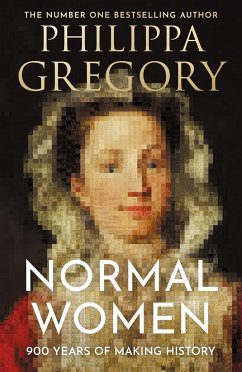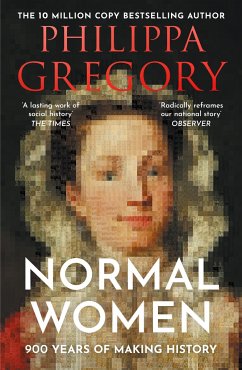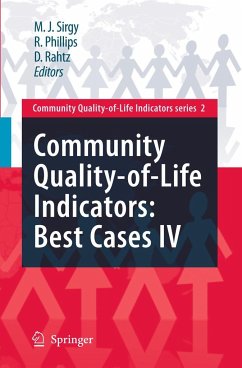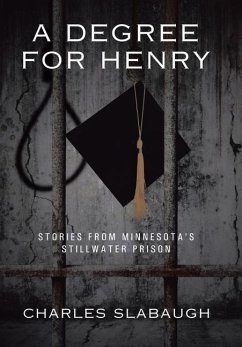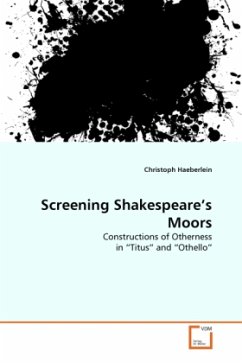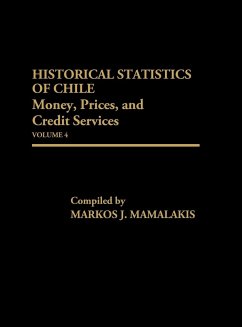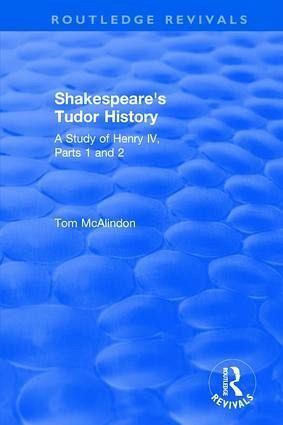
Shakespeare's Tudor History: A Study of Henry IV Parts 1 and 2
A Study of Henry IV Parts 1 and 2
Versandkostenfrei!
Versandfertig in über 4 Wochen
140,99 €
inkl. MwSt.

PAYBACK Punkte
70 °P sammeln!
This title was first published in 2002: An intensive study of Shakespeare's most ambitious and complex achievement in the historical mode. The book offers an account of the play's critical history from 1700 until the 1980s, deals with the aspects of Tudor history relevant to an understanding, and offers close readings of the text structured around what the author believes to be the play's three dominant concepts: time; truth; and grace. In an attempt to correct what he sees as a certain falsification of critical history, the author aligns his account of the play's reception with one of its maj...
This title was first published in 2002: An intensive study of Shakespeare's most ambitious and complex achievement in the historical mode. The book offers an account of the play's critical history from 1700 until the 1980s, deals with the aspects of Tudor history relevant to an understanding, and offers close readings of the text structured around what the author believes to be the play's three dominant concepts: time; truth; and grace. In an attempt to correct what he sees as a certain falsification of critical history, the author aligns his account of the play's reception with one of its major preoccupations - the inescapable and informing presence of the past.



